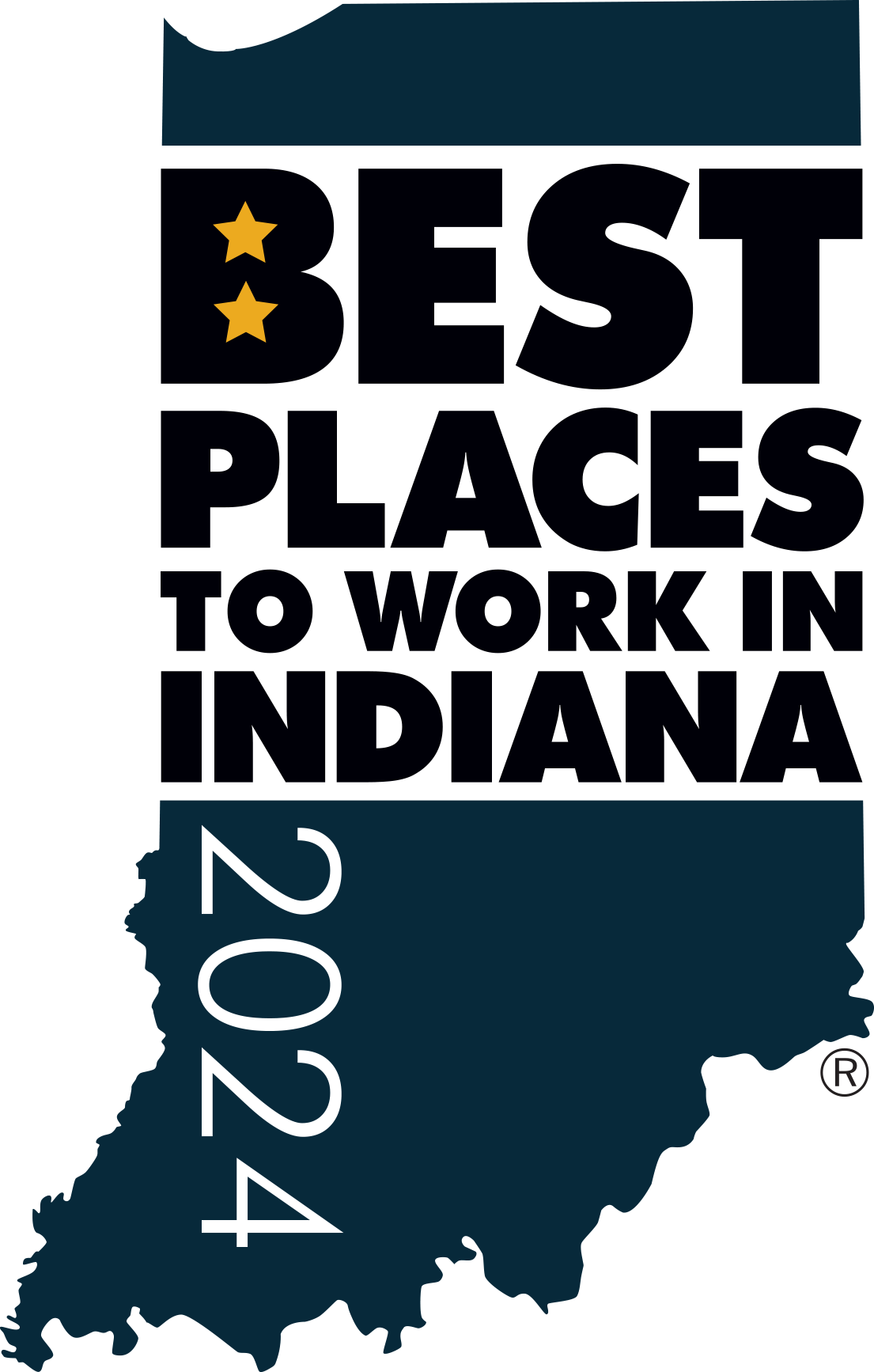Talent Challenges – Indianapolis CFOs Speak
People matter. Talent wins.
KPMG’s 2015 Global CEO Survey was dedicated to the changing role of the CFO. Ninety-seven percent of CEO’s taking part said that attracting and retaining top finance talent was the most important contributing factor to improve their finance function. Yet, only 33 percent gave their CFO a passing grade in talent management. In KPMG’s 2016 survey, CEO’s listed talent management/development as a top three priority, behind only fostering innovation and stronger client focus. CFOs in Deloitte’s quarterly CFO Signals report have consistently listed talent concerns near the top of their most worrisome internal risks.
I’ve been speaking with Indy-area Chief Financial Officers to get their assessment of how these realities are impacting their finance organizations. Here’s what a few of the best are saying.
The Landscape
The competition for finance talent is more intense than at any time in the past 10 years. Counteroffers are once again prevalent; CFOs are fighting to keep their best people. The strongest candidates in play are once again receiving multiple offers. It’s a seller’s market.
John Oblazney, CFO at Herff Jones recently finished rebuilding his company’s finance organization, upgrading capabilities at virtually every position. He says, “Finding really great talent in Indianapolis these days is challenging. Since it is a seller’s market you need to lean on your company’s mission and values. You must then combine that with selling your vision – and how they fit into it – to attract the right talent to build that winning team.”
Wayne Burris, CFO at Roche, says that Indiana-based companies who want to compete globally must be open to searching for finance talent beyond their local market: “What you believe you save in cost by recruiting only locally will be lost in lack of global perspective and readiness.”
Reactive and Religious
Competition rewards proactivity and punishes reactivity. Most companies take what I call a “reactive and religious” approach to recruiting. Recruiting is reactive; triggered by a resignation, termination, promotion, etc. Hiring managers notify Human Resources, who then follow protocol by posting the job online. Then, the music stops. Everyone has abdicated to the recruiting gods as part of the strategy I call, “Post and Pray”. We’ve posted the job; let’s pray someone decent applies; we will react when/if they do.
The best and most forward-thinking finance leaders proactively assess talent in the marketplace. Kristen Actis-Grande, Vice President of Finance at Ingersoll Rand, says, “You can’t wait until you have a role to fill.” The best people in the market don’t need to troll jobs on the Internet. They are killing it where they are. The secret to ever have a shot at hiring them is proactively engaging and exposing them to you, your organization and your employment brand. Interviews in the 21st Century don’t look like interviews. It’s intentional, strategic, nuanced interactions that many finance/accounting people aren’t good at, say they don’t have the time for, and are reluctant to invest in.
Attributes
Changes in the demands and expectations of the finance function are driving changes in the recruiting and hiring profile. Burris says learning agility is at the top of the list of attributes they seek. “We believe that success is not necessarily driven by your product portfolio. It’s the speed of your organization to learn and adapt to change faster than your competitors that allows you to be successful. I see it every day. Continuous learners continue to move up the ladder.”
Actis-Grande believes it’s difficult to find finance talent that is strategic and really understands business partnership. “It’s hard to find finance and accounting employees who have the business acumen to guide their internal customers – say a marketing or operations VP – to make a good decision in an ambiguous situation. We expect our finance and accounting employees to use the insights gained from analyzing the financials to influence decisions that drive the performance of the business. To do that effectively requires a broader skillset than traditional finance or accounting requirements.”
Burris prefers creating finance business partners, recruiting profiles with fundamental finance and accounting chops, then layering on the more advanced partnering skills. He says, “I think that’s on you as a company as part of your development program, versus trying to acquire it in the marketplace. What I’ve noticed is, as our business has become more complex, and the market has become more complex and the structure of deals and contracts has become more complex, you need a pretty good program for developing business partners, as opposed to thinking you can just go out and acquire them…If you’re in a real matrix environment, like most companies operate in, it takes a while for someone to learn how to become successful within your company – often as long as it takes them to get the blocking and tackling expertise to be a basic finance professional. So for me, it’s easier to develop them.”
Hot Skillset
Data analytics and data science experience are in high demand. CFO’s are actively recruiting finance and accounting professionals with experience in Tableau and other BI tools. Isadore Rivas, CFO at Hendricks Regional Hospital says having experience with analytical business applications is extremely helpful. He commented, “These applications are now becoming friendlier to use than ever before. They integrate better and can be utilized with other systems in a much more collaborative way.”
Burris incubated Tableau in his finance organization over three years ago before helping Roche and its 94,000 employees adopt it as a global tool. He says, “You can train your own, but you have to collaborate with outside subject matter experts in the short term so you can accelerate your speed to competency.”
Oblazney agrees, and stressed the importance of drilling down when hiring for these skills. “You must differentiate between the tool and the critical thinking required to leverage the tool. It’s easy for a candidate to say they use and have even worked extensively with Tableau and other analytical tools – however, it important to ask: How did you use these tools to improve the business and provide insight to unlock potential within the business?”
The Bottom Line
Talent is currency. Currency that buys results. Valuation for raw credentials = Down. Valuation for attributes = Up. The hottest currencies are learning agility, business acumen, critical thinking, creativity, problem solving and data analytics. Superior recruiting creates the purchasing power for superior results.

